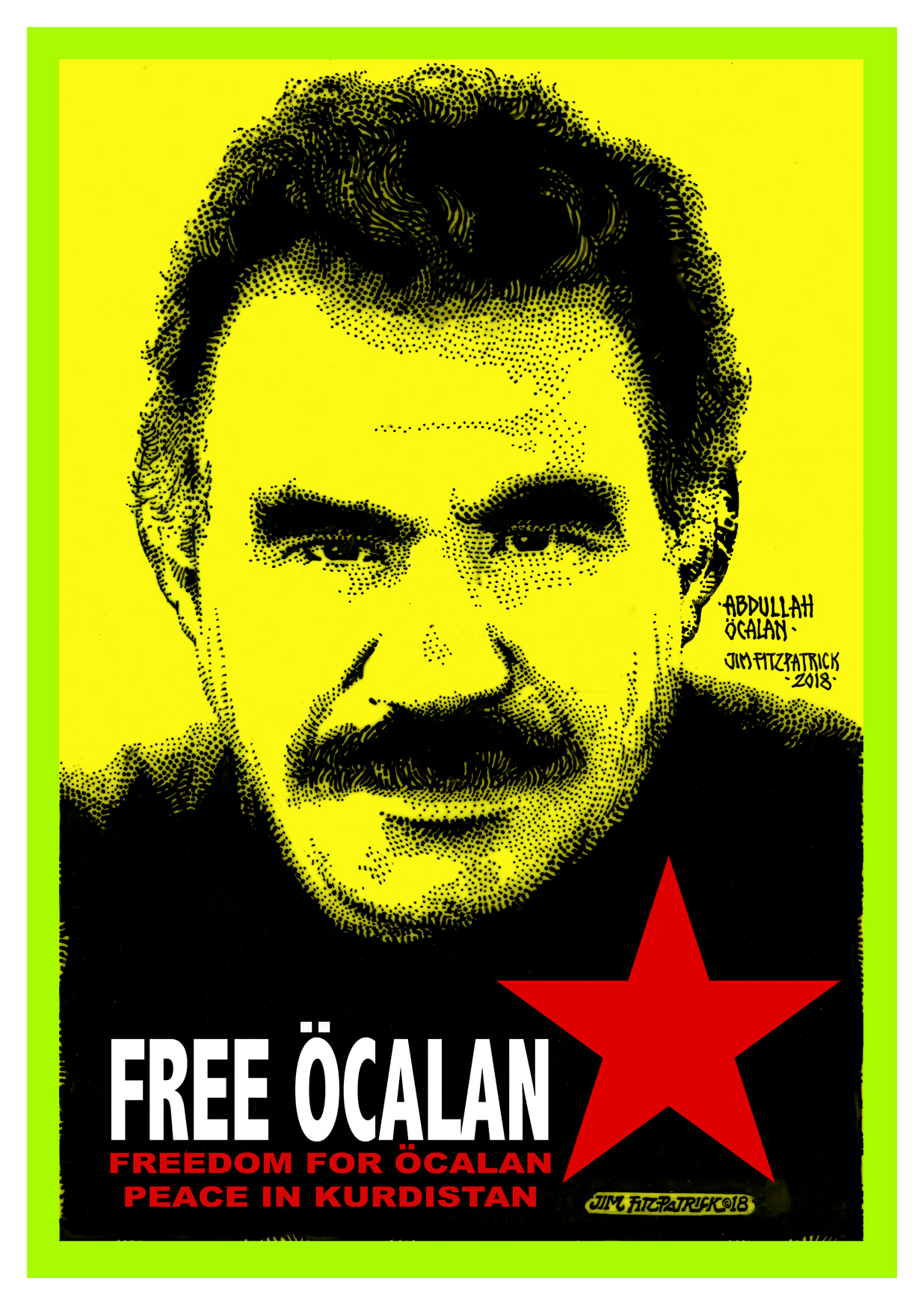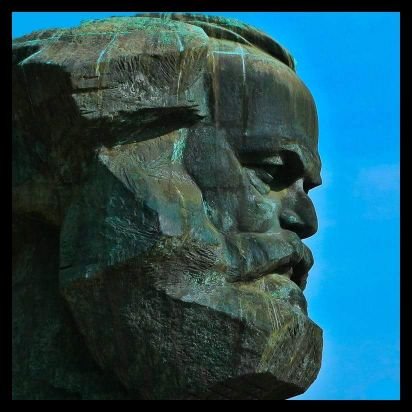«Marxism and mediation»: Richard Gunn
 In both Hegelian and Marxist thought, the concept of mediation figures as a central dialectical category. That the category does theoretical, and revolutionary, work is clear. What is less clear, to myself at any rate, is what might be termed the conceptual geography of the category itself. It is this conceptual geography which, as a preliminary to further discussion, the present paper attempts to clarify. A more pretentious title for what follows might be ‘Prolegomena to a Reading of Marx’.
In both Hegelian and Marxist thought, the concept of mediation figures as a central dialectical category. That the category does theoretical, and revolutionary, work is clear. What is less clear, to myself at any rate, is what might be termed the conceptual geography of the category itself. It is this conceptual geography which, as a preliminary to further discussion, the present paper attempts to clarify. A more pretentious title for what follows might be ‘Prolegomena to a Reading of Marx’.
To mediate is to bring about a relation by means of a relating (an “intermediate”) term. A mediationis the relating term itself. To count as a mediation, a relating term must be more than a mere catalyst or external condition (however necessary) of the relation: rather, it must itself be the relation. It must constitute it, in the way that for example –and the example is offered merely heuristically –a rope linking two climbers is constitutive of the relation in which they stand.
If a mediation is, thus, the relation which it establishes, it does not follow that just any relation counts as a mediating term. A mediated relation is distinct from a relation for which, to render it intelligible or accurately describe it, no reference to a relating term need be made –for example, a relation of juxtaposition. A relation of this kind is an immediate relation (which, for its part, may be catalysed or necessitated in this or that way).
Within the conceptual field of mediation, as so far outlined, various possibilities exist. Two (or more) terms may be related (mediated) by means of a third, or further, term; or a single term may be related (mediated) to itself by a second term. Where a single term is mediated to itself, the relation between it and its mediation may or may not be reciprocal. Where it is reciprocal, there exist two terms each of which is the other’s mediation, and each of which is mediated by the other to itself. This gives an idea of the internal richness of mediation’s conceptual field: either there may exist two (or more) terms plus their mediation; or there may exist a single term plus its mediation; or there may exist two terms each mediating, and mediated by, each other. The first of these three possibilities is, perhaps, the one with which the notion of mediation is most commonly associated. (It is closest, for example, to dictionary definitions of ‘to mediate’.) However, the third possibility is quite explicitly invoked by Hegel when he envisages a situation in which each of the two terms ‘is for the other the middle [the mediating] term, through which each mediates itself with itself and unites with itself’ (Hegel 1977 p. 112). The example he gives is that of a mutually recognitive relation between individual self-conscious subjects.
A further, and all-important, step is taken in exploring the concedpt of mediation when it is noticed that the process of mediation may be such as to bring about not merely a relation, but an internal relation: it is exclusively such instances of mediation which concern Hegel and Marx. (In the case of a single term which is mediated to itself, the corresponding possibility is that the process of mediation “totalises” discrete aspects into an internally related whole.) Prior to the mediation, that which is mediated may or may not have been internally related (or self-related). But, even supposing that it was, the mediation may establish a fresh internal-relatedness (or a fresh totalisation). If a (fresh) internal-relatedness or totalisation is established by the process of mediation, then the following is the consequence. Since (a) an internal relation is constitutive of the terms which it relates, and since (b) a mediation is itself –as already indicated– the relation of the term(s) concerned, we can say: in such cases, the mediation is the mode of existence of the related term(s). This can also be expressed –Marx and Hegel so express it– by saying that in such cases the mediation is the form or appearance of the term(s) which it internally relates.
Combining this notion of mediation as the mode of existence (form, appearance) of what is mediated with the third possible shape of mediation indicated earlier, a further possibility emerges: two terms may be the mode of existence of one another. And such is indeed the case, for Hegel, with two mutually recognitive self-consciousnesses: in Hegelian usage, the expression ‘recognition’ carries with it a specifically constitutive force. This being so, it follows that a recognitive relation between individuals in no way requires mediation through a discrete “third term” –for example social institutions (or in Hegel’s term ‘spiritual masses’) such as state and civil society (Hegel 1977 pp. 300-1) –separate from, and standing over against, the individuals concerned. The Hegel of the Phenomenology is in fact emphatic that the existence of ‘spiritual masses’ entails alienation, and that mutually recognitive (or non-alienated) social existence is possible only when no spiritual masses or social institutions exist: mutually recognitive self-consciousness ‘no longer places its [social] world and its ground outside itself’ (Hegel 1977 p. 265). Thus it is that being alive to the various possible shapes of mediation –in particular, the refusal to equate mediation as such with the first of the three possibilities above indicated –allows us to discern what is in effect an anarchist stratum in Hegel’s thought. And the emergence of Left Hegelianism out of Hegel becomes intelligible at the same stroke: for example, Marx’s ‘On the Jewish Question’ appears as a restatement of the critique of ‘spiritual masses’ which the Phenomenology contains. In the Philosophy of Right, by contrast, Hegel reinstates spiritual masses: individuals are seen as mediated to one another via the discrete “third term” of social institutions, most notably and most famously the institutions of civil society and the state. In virtue of this reinstatement, Hegel opens himself to the criticisms delivered by Marx in his Hegel-critique of 1843. The same point may be stated differently: the Hegel of the Phenomenology emerges as the Philosophy of Right’s most trenchant critic.
Artículo completo en pdf: «Marxism_and mediation»: Richard Gunn
Fuente: Richard Gunn


























